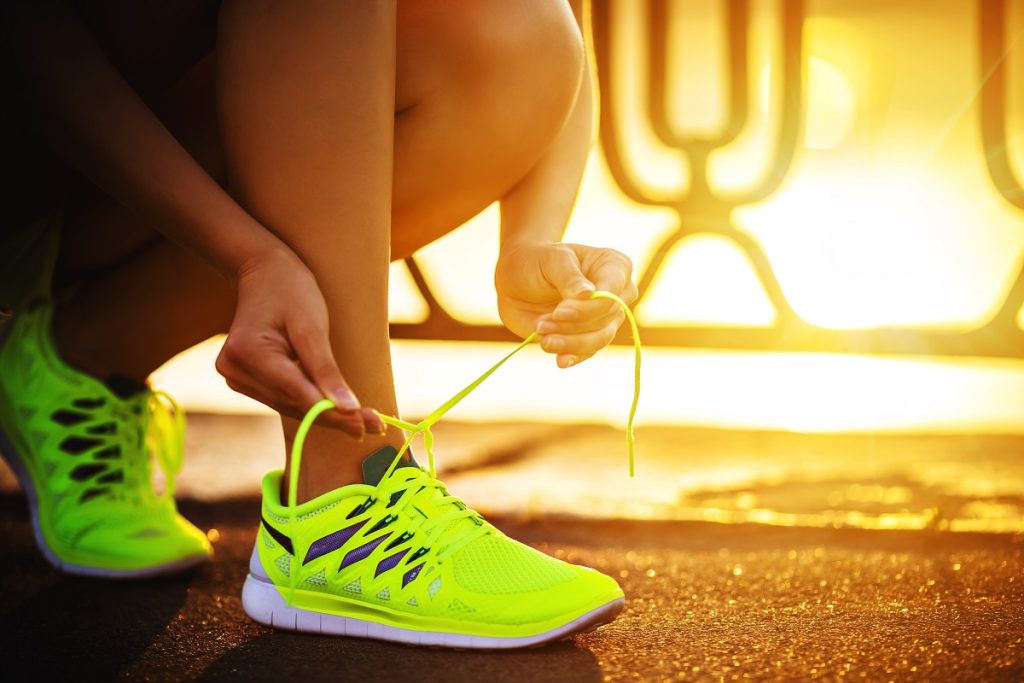- An active lifestyle needs consistent fuel from a balanced diet, including a variety of carbohydrates, fats, and proteins.
- Hydration is vital for regulating body temperature, preventing dehydration, and reducing fatigue during physical activities.
- Fruits and vegetables with high water content and limiting alcohol intake can help maintain bodily fluids balance.
- Quality coffee, preferably organic, can enhance physical performance by increasing concentration and reducing fatigue.
Being active is essential to your overall well-being. It keeps your body fit and your mind sharp and helps maintain a healthy lifestyle. However, an active lifestyle requires healthy and consistent fuel. It’s important to maintain a balanced diet that provides the nutrients your body needs to fuel and sustain activity levels. This blog post will explore the various types of foods and healthy eating habits that can help maintain a balanced diet for an active lifestyle.
Eat a Variety of Foods
Eating a variety of foods can provide a balanced diet, which is essential for an active lifestyle. Different foods offer different benefits and can help prevent nutritional deficiencies. It’s important to get a balance of carbohydrates, fats, and proteins. Here are some foods that you need to consider eating to get a balance of carbohydrates, fats, and proteins:
Whole Grains
Whole grains are a vital part of a balanced diet due to their high fiber content and ability to provide sustained energy. Foods such as brown rice, oatmeal, and whole wheat bread are excellent sources of whole grains. They not only keep you feeling full for longer periods, thereby preventing overeating, but they also provide your body with the necessary energy to fuel your active lifestyle.
Lean Protein
Lean proteins are a crucial component of a balanced diet, especially for those leading an active lifestyle. They are instrumental for muscle repair and building after strenuous activities. Foods rich in lean protein include chicken, turkey, fish, eggs, and plant-based proteins like lentils, tofu, and chickpeas. Including these in your diet ensures you receive the necessary amino acids, contributing to a faster recovery and promoting muscle growth.
Healthy Fats
Despite their often negative reputation, healthy fats are an essential part of a balanced diet. They provide long-lasting energy, aid in the absorption of vitamins, and are crucial for brain health. Foods such as avocados, nuts, seeds, olive oil, and fatty fish like salmon and mackerel are excellent sources of healthy fats. Incorporating these types of foods into your diet can offer various benefits, including improved endurance, enhanced mood, and adequate recovery after workouts.

Hydration Is Key
Staying hydrated is crucial for an active lifestyle. Proper hydration can help regulate body temperature, prevent dehydration, and reduce fatigue. Aim to drink at least eight glasses of water a day, and more if you’re physically active. Here are some things that can help you stay hydrated:
Drink Water Before, During and After Physical Activity
Drinking water before, during, and after physical activity is vital to replacing the fluids lost through sweat and promoting optimal physical performance. This is especially crucial during intensive workouts or outdoor activities in hot weather. Try to have a glass of water two to three hours before your workout, frequently sip during the activity, and drink more fluids within the two hours following your exercise. This helps maintain a balance of bodily fluids and aids in muscle recovery.
Consume Fruits and Vegetables With High Water Content
Fruits and vegetables with high water content can also contribute significantly to your hydration. Foods like cucumbers, watermelon, strawberries, oranges, and grapefruit are not only hydrating but also provide essential vitamins and minerals. Incorporating such fruits and vegetables into your diet can help ensure adequate hydration and offer additional health benefits due to their nutrient content.
Avoid Excessive Alcohol Intake
Alcohol can significantly interfere with your hydration levels and overall nutritional intake. It acts as a diuretic, which promotes fluid loss and can lead to dehydration, especially when consumed in excess. Moreover, alcohol can inhibit the absorption of essential nutrients and disrupt your body’s energy supply, impacting your performance and recovery. Limiting your alcohol intake or consuming it in moderation, along with adequate hydration, can help maintain your body’s fluid balance and promote a healthier, active lifestyle.

Don’t Skimp on Quality Coffee
Quality coffee plays a surprisingly beneficial role in an active lifestyle. When consumed in moderation, coffee can enhance your physical performance by increasing your concentration and reducing fatigue. However, not all coffee is created equal.
Opt for high-quality, preferably organic, coffee beans to reap the maximum benefits. One great option is authentic Italian coffee beans in a tin, renowned for their rich flavor and quality. These beans are packed at the peak of freshness, providing you with a superior taste and aroma that can give your day an energetic start.
If possible, avoid adding sugar and creamer to your coffee, as they can add unnecessary calories and undermine the health benefits. Instead, opt for natural sweeteners like honey or cinnamon and non-dairy milk alternatives.
Eating a balanced diet is crucial to fueling an active lifestyle. By eating a variety of foods, including breakfast, staying hydrated, meal planning and prep, and mindful eating habits, you can maintain the necessary nutrients to keep your body fit and healthy. Remember to listen to your body and fuel it with the necessary nutrients for your physical activity levels. A balanced diet can improve health, prevent disease, boost energy levels, and help live the best life.
